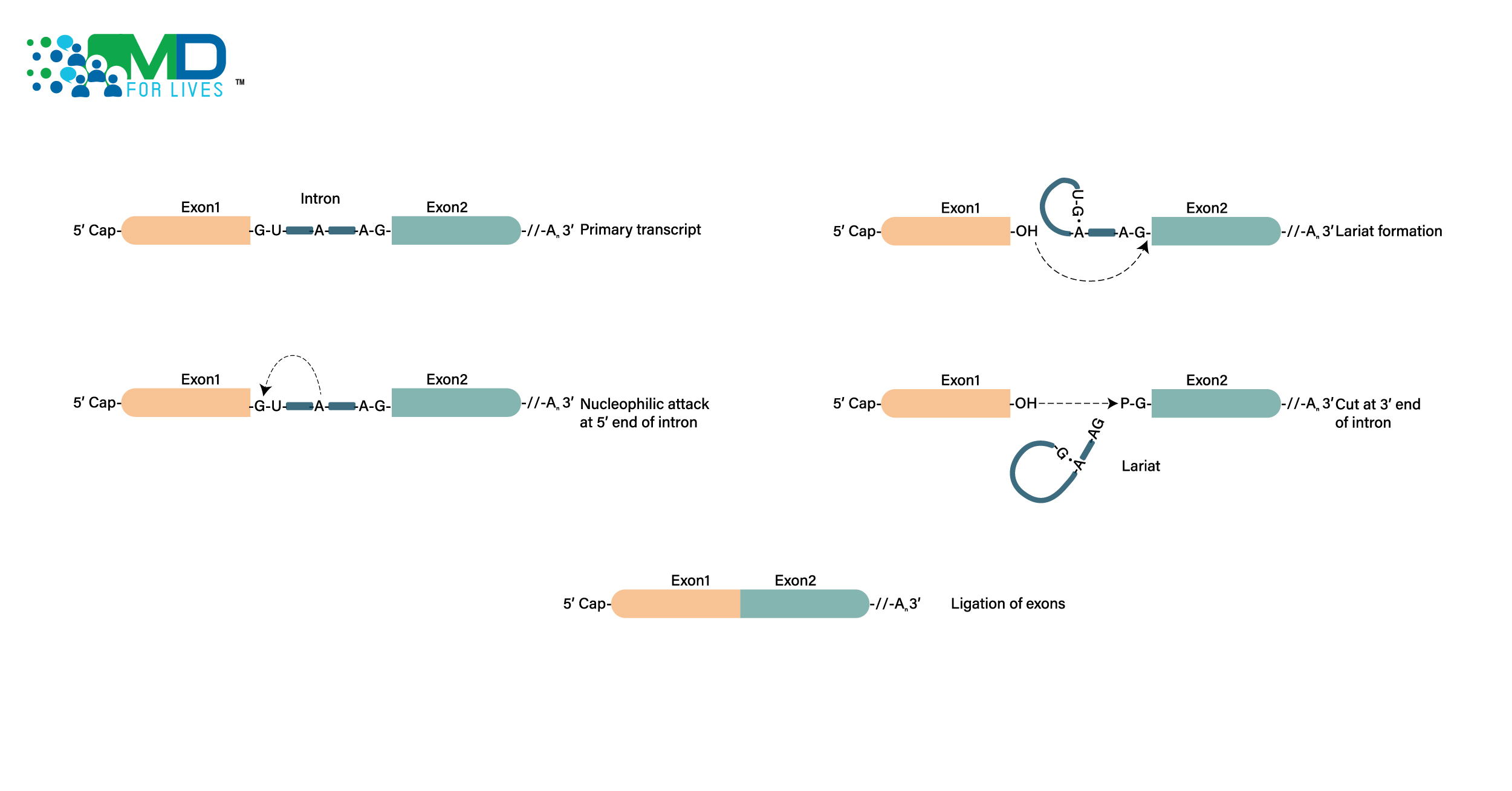It is clear that we are lamenting the death of medicine as we once imagined it based on the frequently reported rates of over 70% burnout among physicians and nurses.
How utterly disheartening it is to witness the mass exodus of dedicated healthcare professionals. We are all mourning the demise of medicine, a field to which we gave much of our lives and the years of training. Who can blame us? In a crumbling healthcare system, our desire to do good becomes exploited by governments not interested in fixing what is broken, because they believe we will continue to make sacrifices by working harder, faster, and longer. They know we won’t fail our patients. They know we will protect our patients at our own peril. Along the way, we sacrifice not only our own health and wellbeing but also those of our loved ones through neglect. Our patients are shielded by the inefficiencies until we can shield them no more. They become innocent bystanders and are eventually forced to fend for themselves.
Many organizations promise to improve the situation. Like an abusive spouse, repeatedly saying “I promise you babe I will change”. Politicians make headlines by offering the occasional retention bonuses, or meager salary raises, like throwing a piece of scrap to hungry dogs, a pittance given that payments have nowhere come close to keeping up with inflation. Yet they are doing nothing to address the systemic offenses.
Perhaps it sounds naïve, but I like to assume that most of us entered the medical field with the intention of changing lives for the better. We wanted to help people. But eventually, those sincere attitudes evolve into cynical perspectives. How did we go from the starry-eyed humanitarian to the disillusioned empty soul? As we mourn the loss of our idealized conception of what being a physician or nurse can be, we transition through the five stages of grief.
Five Stages of Grief:
- Denial:
“I have spent too many years training for this. There is no way the system is corrupt. I can make a difference. It will get better. The politicians promised. My professional associations promised. They said they will make it better. They said we will get more resources. They said they will cut down the layers of bureaucracy. The system will change. We can fix this as long as we work harder. If I ignore the issues and go numb, then I won’t feel anything.”
- Anger:
“I can’t believe this…another broken promise! The sacrifice I made going through all those years of training. The bureaucratic layers keep getting worse. What happened to respect? Why is everyone so demanding? Why are my patients choosing to take advice from their Facebook group instead of recognizing my expertise? I’m sick of all the paperwork just to order one measly X-ray! OMG, I can’t breathe!”
- Bargaining:
“Okay, maybe I can do this for 10 more years then I can retire. Maybe if I work harder, I will receive some respect. Maybe if I can just put my nose to the grind, I can get through the paperwork. One day. What if I can pretend to be happy…fake it till I make it…?”
“This is meaningless, hopeless. Things will never get better. My life is ruined. I sacrificed for nothing. I am nothing without my job. I’m so tired. What’s the point? People get sick. They can fend for themselves. There’s nothing I can do to make things better. “
- Acceptance:
“Okay, I might not be able to help everyone, but I can still help a few people. Yes, the system is broken and corrupt, but I can still do my part, however small that may be. This life in medicine is not going to be easy, but life is not easy. I don’t have to stay in this job. I am still me. The job does not define me. One day at a time…”
In a perfect world, we should not have to go through these stages of grief at all. Despite what leaders may claim, healthcare is often a low priority in many regions of the world. Much of it is lip service.
According to studies, those who are highly idealistic, empathetic, and perfectionistic are more likely to experience burnout. Guess what? These are also characteristics possessed by those entering medicine. The same qualities that make us effective at what we do are also qualities that can be detrimental to us personally.
Despite all the doom and gloom, medicine is still one of the noblest of all professions.
Acceptance does mean we have to tolerate every wrong. To move forward means we may accept things over which we have no control. It means we can focus our energy on ourselves, the one thing over which we have control.
What stage are you in?

MDForLives is a global healthcare intelligence platform where real-world perspectives are transformed into validated insights. We bring together diverse healthcare experiences to discover, share, and shape the future of healthcare through data-backed understanding.






